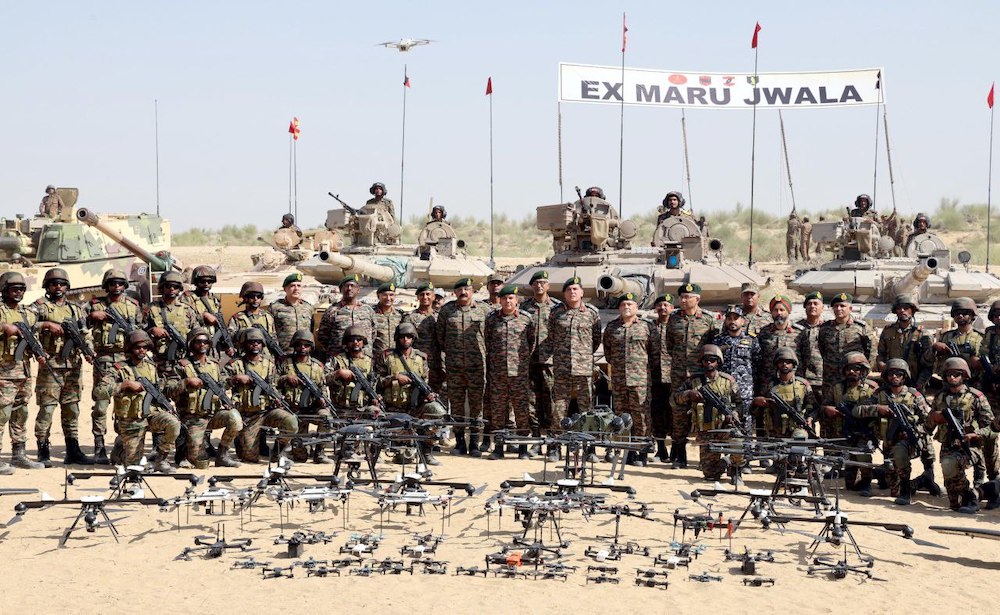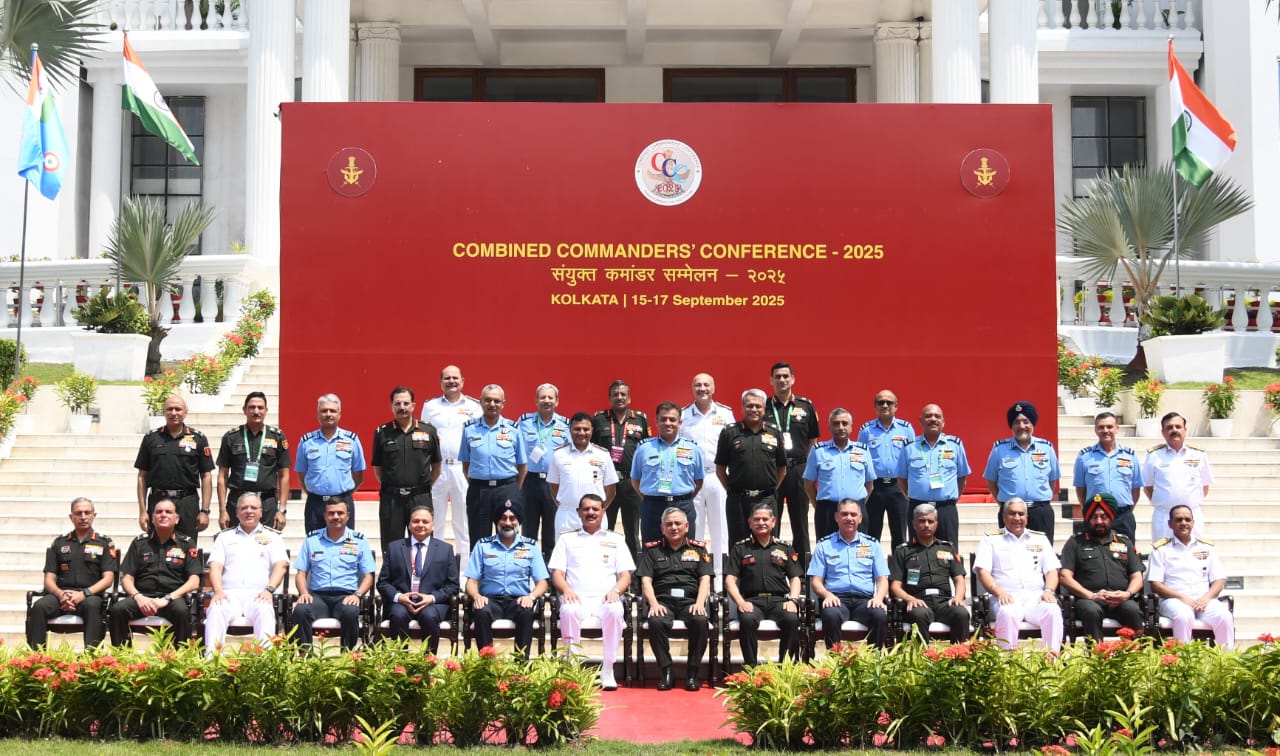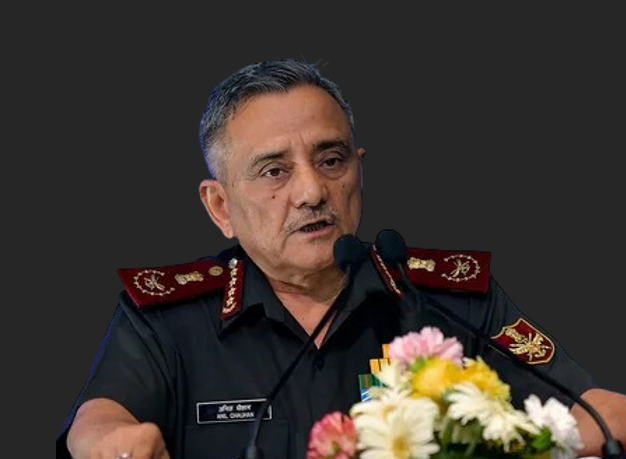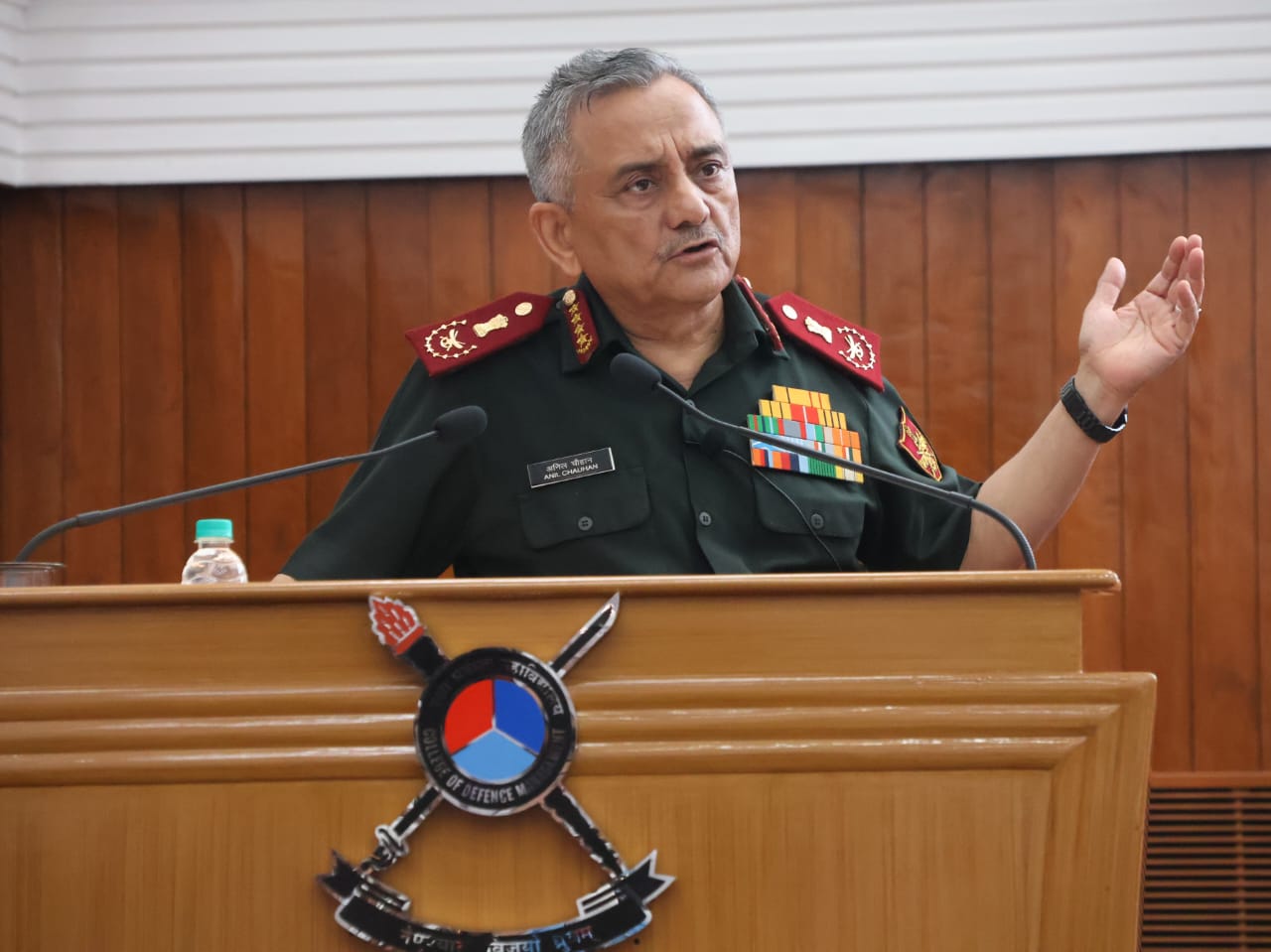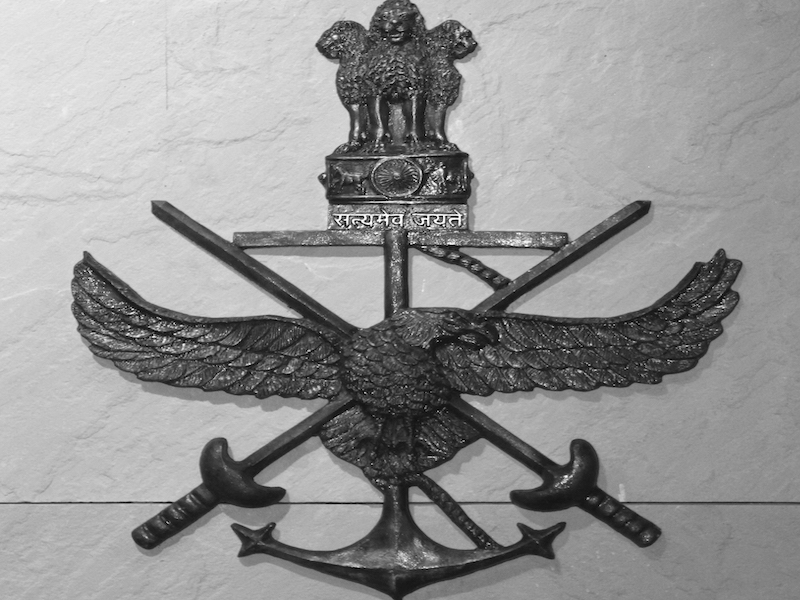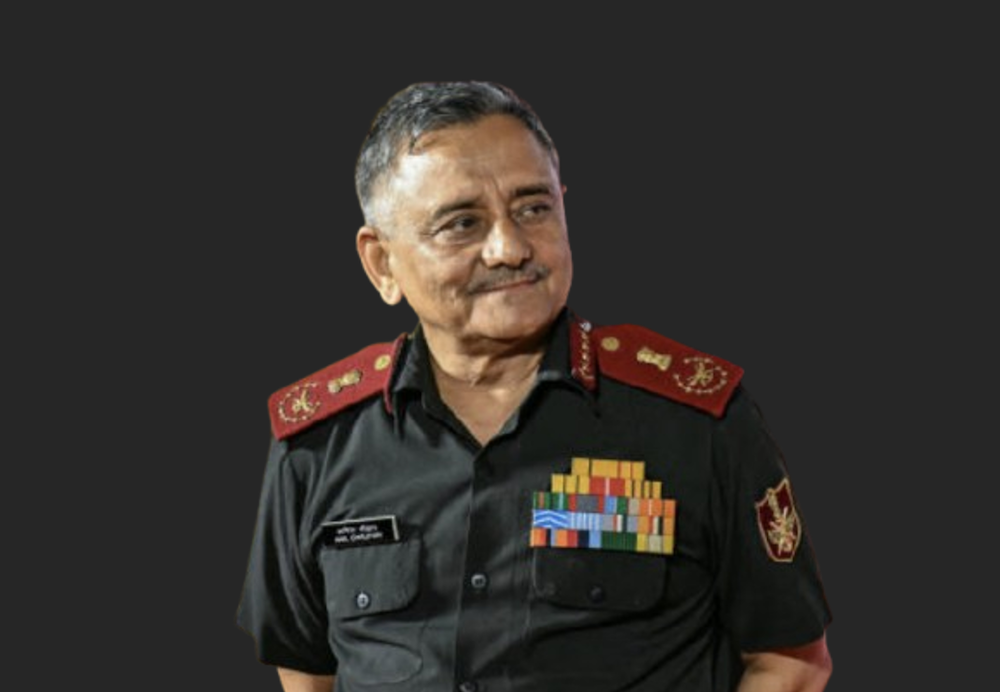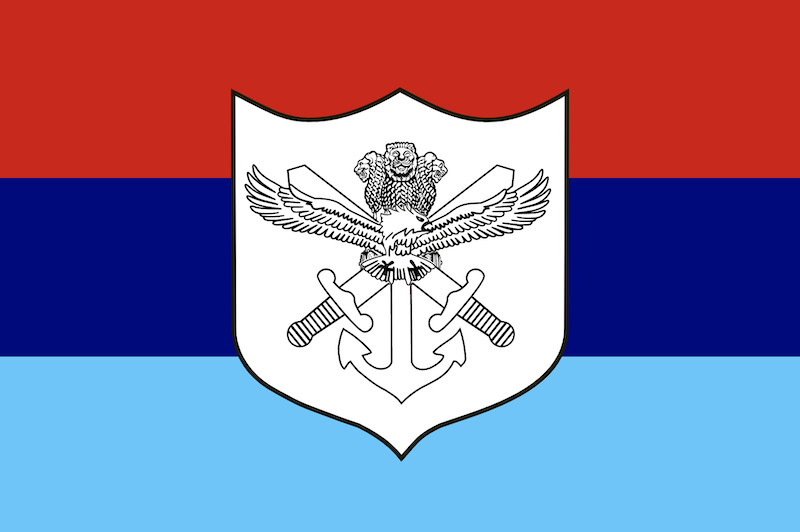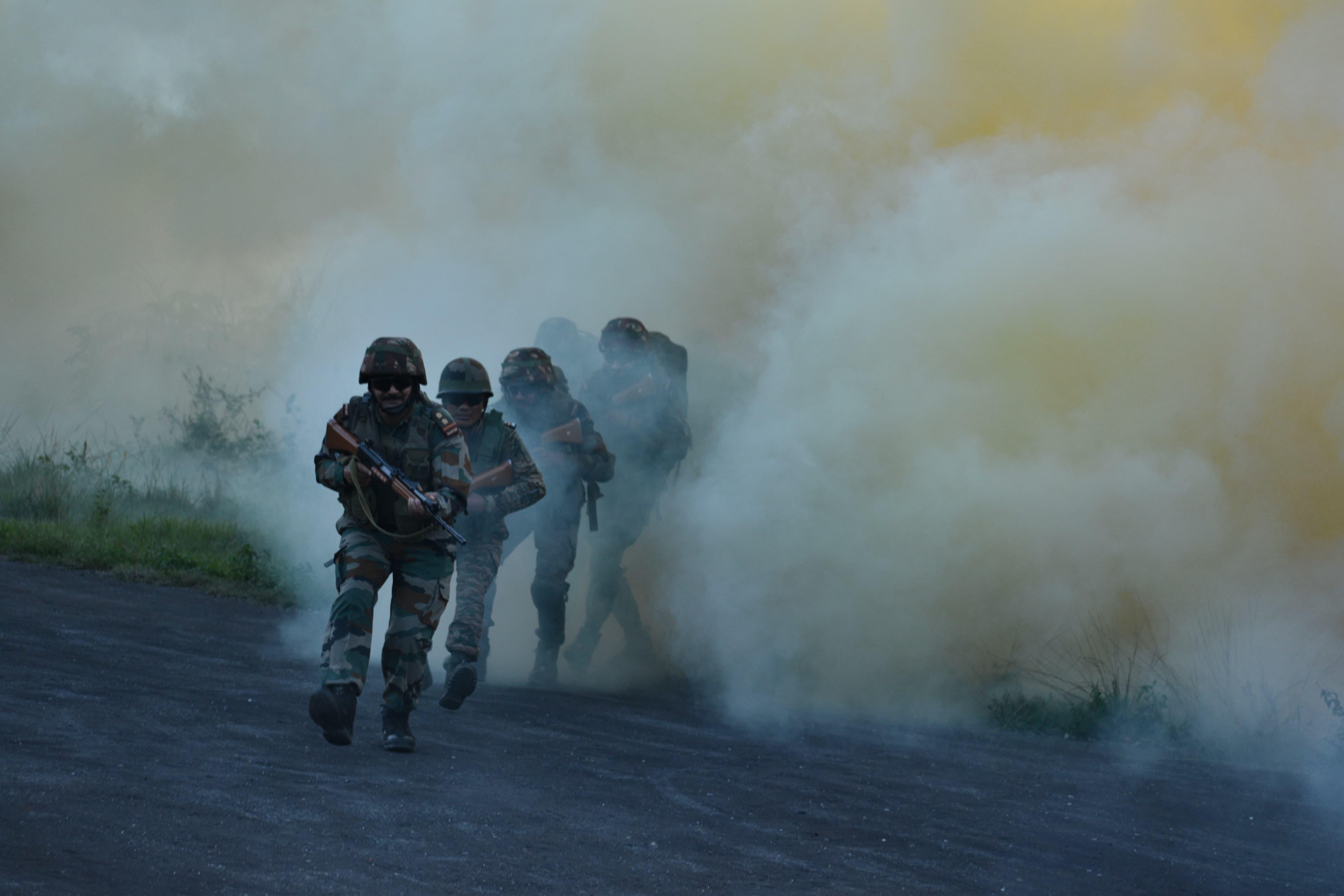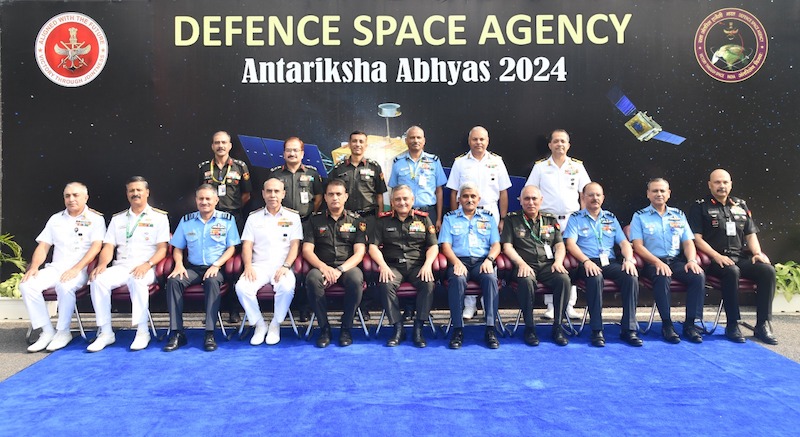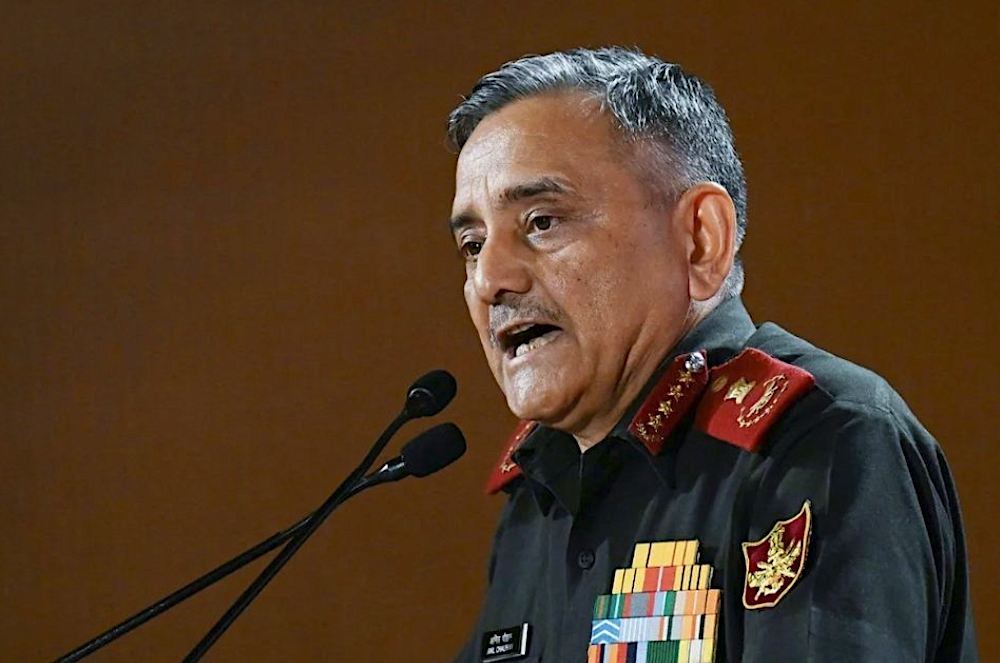 Gen Anil Chauhan.
Gen Anil Chauhan.
New Delhi: The chief of defence staff, General Anil Chauhan, highlighted the country's unprecedented advantage in defence innovation, stating that India produces “the largest number of STEM (science, technology, engineering, and mathematics) graduates in the world – more than 20 IITs” and emphasized that channelling this talent could revolutionize India’s defence capabilities.
Speaking at the Shangri-La Dialogue 2025 in Singapore on Saturday, Chauhan outlined how India’s educational infrastructure provides an untapped strategic advantage. “Give them a defence problem and you’ll have hundreds working on it. That's an untapped advantage we must channel with focus,” he said, referring to the country’s engineering graduates.
The CDS painted a comprehensive picture of modern warfare’s evolution, describing it as a “convergence of old and new methods, domains, timeframes and tactics" where traditional linear conflict has given way to distributed, network-centric operations across multiple domains.
Indigenous Defence Success
Gen Chauhan revealed significant achievements in India's defence modernization, particularly highlighting the successful deployment of indigenous systems during recent operations. “We’ve not only used indigenous platforms like the Akash missile system effectively, but we’ve also built our own networking infrastructure for air defence without relying on foreign vendors,” he stated.
The top general emphasized that India had “integrated radars from multiple sources into a cohesive network across India and that was crucial” for operational success, demonstrating the effectiveness of the country's move towards self-reliance in defence technology.
Addressing the growing importance of information warfare, Gen Chauhan disclosed that “15% of their time during operations was spent countering fake narratives,” underlining the critical need for dedicated information warfare capabilities. He defended India’s measured approach to public communication during operations, stating: “Our communication strategy was deliberate – we chose to be measured, not reactive because misinformation can quickly distort public perception during high-stakes operations.”
On cybersecurity threats, the CDS provided reassurance about India’s military infrastructure, explaining that “our military systems are air-gapped, meaning they're not connected to the internet and are therefore largely secure.” While acknowledging that both sides experienced cyberattacks during recent conflicts, he clarified that these primarily affected public-facing platforms rather than operational military systems.
Future Warfare
Gen Chauhan expressed concern about the ethical implications of increasing automation in warfare, warning that “reducing the human cost of war could actually increase the propensity to use force.” He argued that when fewer lives are at stake, decision-makers might be more willing to escalate conflicts, presenting new strategic challenges.
Regarding artificial intelligence in military operations, he noted that while AI will play a major role in the future, its current utility is limited because “it’s still derived from open-source information” rather than being integrated into classified military intelligence systems.
The CDS outlined significant structural changes in India's military organization and noted the shift towards “integrated commands and leaner, more flexible structures” following operational experiences. He highlighted the establishment of India’s first truly joint staff course where “40 officers from all three services train together for a full year,” marking a major departure from previous training models.
Maritime Strategy
Addressing India’s geopolitical positioning, Gen Chauhan explained the country’s strategic maritime focus: “Our geopolitical reality means we cannot move north due to tensions with China, nor can we move east because of the instability in Myanmar ... Therefore, the sea is our only viable pathway.”
He described India’s unique position, stating: “In a sense, though we are part of the continental landmass, we function like an island nation. Our island territories give us interior depth in the Indian Ocean, which is a strategic advantage – one we must exploit wisely.”
The general also addressed the economic burden of military readiness. He explained: “India has remained mobilised for months without engaging in combat and that imposes a huge financial burden. That’s why we disengage swiftly once an operation concludes. We do not seek prolonged wars because they slow down our national development.”
India-Pakistan Relations
On bilateral relations with Pakistan, Gen Chauhan rejected suggestions that India lacks a coherent strategy. “When we gained independence, Pakistan was ahead of us on every metric – social, economic, GDP per capita. Today, India is ahead on all fronts – economic performance, human development, social harmony despite our greater diversity,” he said, attributing this transformation to long-term strategic planning.
The CDS noted diplomatic efforts, including the 2014 invitation to Nawaz Sharif, former Pakistani prime minister, but added: “If all we get in return is hostility, then disengagement may itself be a sound strategy for now.”
The address at the Shangri-La Dialogue underscored India’s evolving military doctrine and its commitment to indigenous defence capabilities while highlighting the complex challenges of modern multidomain warfare.

